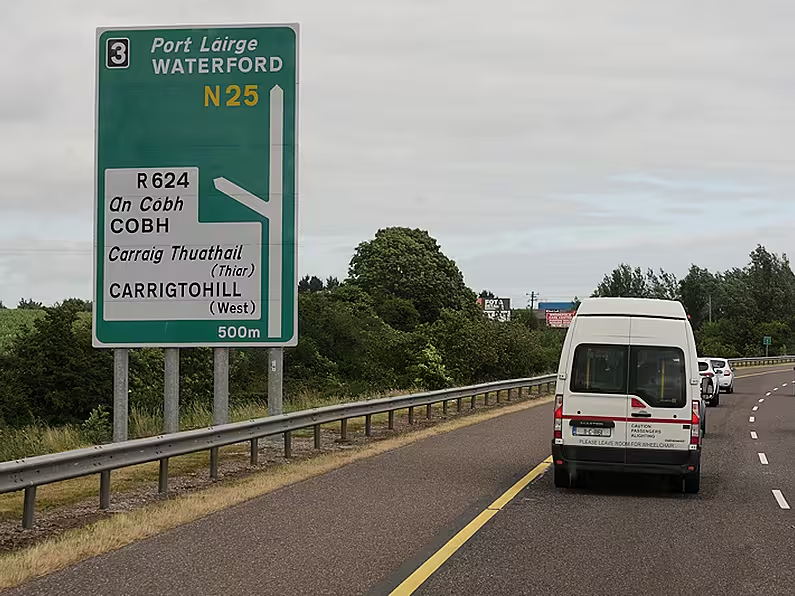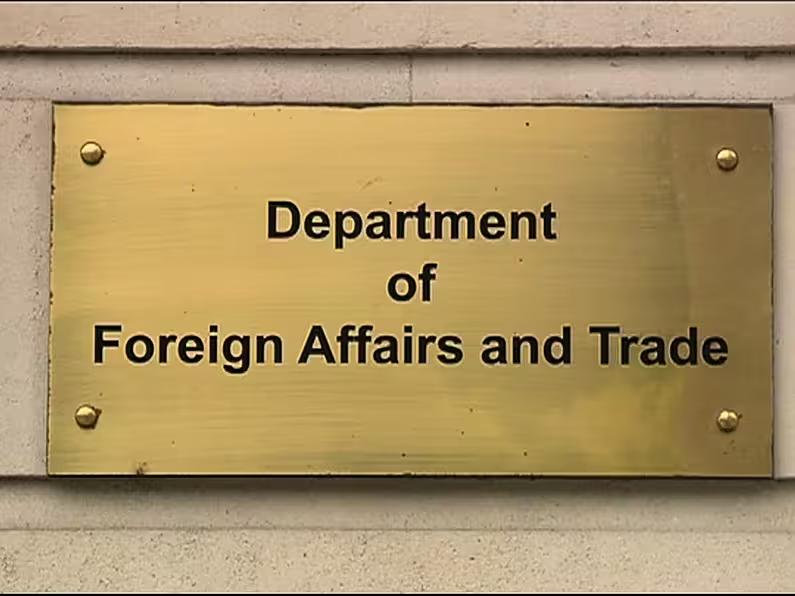A High Court judge has withdrawn a defamation action against a newspaper from a jury saying an article it published was fair and accurate and enjoyed absolute legal privilege.
Ms Justice Leonie Reynolds told a jury which heard evidence in the action by engineer Michael Reilly (62) against Iconic Newspapers, publishers of the Kilkenny People, that she was satisfied, following conclusion of evidence and based on the provisions of the Defamation Act 2009, the report in question was "nothing other than fair and accurate".
That meant it was a matter of law for her (judge) to decide and that there was nothing left to go to the jury.
Jury discharged
She was satisfied the defence had made out that it was fair and accurate. She thanked the jury and discharged them.
Michael Reilly, of Ballycullen, Mullinahone, Co Tipperary, had sued Iconic over the "briefs" article on the court page of the February 19th, 2016, edition of the Kilkenny People.
The engineer claimed he was defamed by being called a criminal in the report of a District Court hearing about another Michael Reilly who got a suspended jail sentence, six year driving ban and a fine for uninsured driving.
The paper denied the claims and said it was a fair and accurate report. The court heard there had been a Traveller called Michael Reilly living in a caravan about two kilometres from the engineer’s home at the time. That Michael Reilly was “evasive about addresses” when stopped by gardai, the court heard.
Following a four-day hearing before a jury sitting in the King's Inn in Dublin, Ms Justice Reynolds said the suggestion that there was "some kind of investigative burden" on the Kilkenny People to carry out background checks about what had been said in a District Court and about what was on the court record was "simply untenable".
The judge, earlier in the absence of the jury, gave her decision following an application last Friday by Rossa Fanning SC, for Iconic, to have the case withdrawn from the jury on the basis that the article enjoyed absolute privilege as a fair and accurate report of court proceedings.
Undisputed facts
Mr Justice Reynolds said Mr Reilly claimed that he was the "only Michael Reilly" living in Ballycullen, Mullinahone, Co Tipperary and the newspaper report meant he was a criminal and was entirely false and defamatory. The defendant denied the claims and further contended it was fair and accurate and therefore absolutely privileged, she said.
The undisputed facts in this case was that a Michael Reilly was stopped driving with no insurance and gave the address of Ballycullen. Summonses were served by a local garda on that Michael Reilly and he later appeared in court to answer them, she said.
The sergeant who prosecuted that Michael Reilly gave evidence to the jury that it was his usual practice to read out addresses in court, although he could not be sure in this case as it was some time ago.
The Kilkenny People reporter Mary Cody gave evidence of relying on her contemporaneous notes and of preparing her draft article for publication. While she could not remember whether the sergeant gave evidence of the address, she had checked the minute book of the court which contained the address.
Written judgment
Ms Justice Reynolds referred to a previous judgment in which it was found that providing it was fair and accurate report it was perfectly possible, reasonable and lawful for a court reporter to rely solely upon the written judgment of the court as the basis for the article that is written and for that to be fair and accurate.
That was done in this case.
"The suggestion thereafter there is some kind of investigative burden on her (Ms Cody) or the paper to include additional details such as date of birth (of an accused) etc or carry out a background check is simply untenable", she said.
"The reporting of what happened was 100 per cent accurate", she said. In all the circumstances, she was satisfied there was no evidence presented to a jury reasonably charged could find it was anything other than fair and accurate.
It was unfortunate Mr Reilly did not take the opportunity offered by the newspaper to publish a clarification that he was not the Michael Reilly referred to in the article and have this matter resolved, she added.
Following an application from Tom Murphy BL, for Iconic, for costs the judge agreed to adjourn that issue to July 23.












